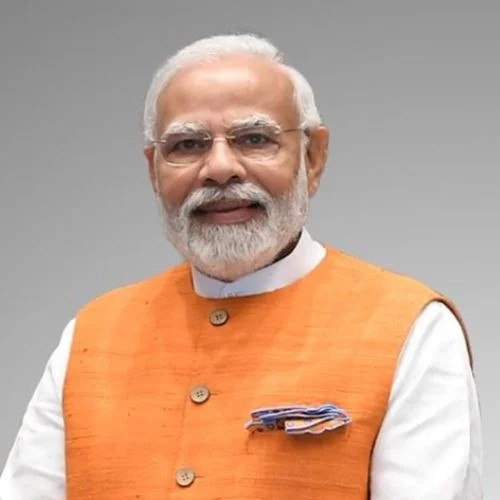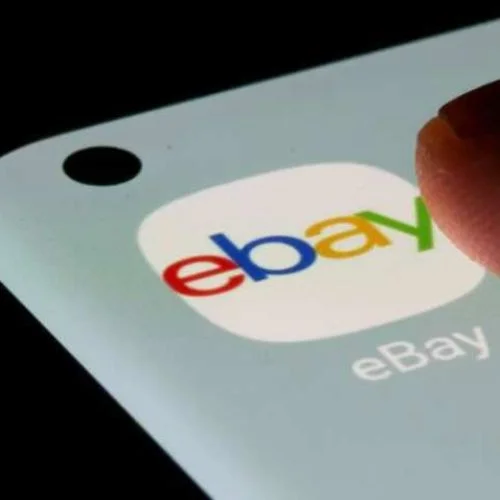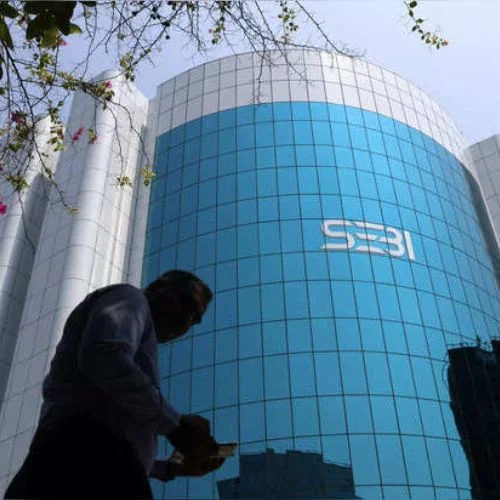Microsoft, the maker of the Xbox machine, has lauded the agreement with Activision Blizzard as a chance to expand the availability of famous Activision games such as Call of Duty. However, federal antitrust regulators, as well as Microsoft’s primary gaming rival Sony, have argued that it would be detrimental to competition.
Microsoft CEO Satya Nadella is scheduled to appear in court on Wednesday to defend the company’s proposed $69 billion takeover of video game producer Activision Blizzard against a federal regulator’s attempt to halt the agreement.
On the fourth day of a court hearing in San Francisco, Nadella and Activision Blizzard CEO Bobby Kotick are both slated to testify before US District Judge Jacqueline Scott Corley. The hearings are expected to make or break what would be the most costly technological acquisition in history.
The hearing is a crucial test of the FTC’s increased scrutiny of Big Tech under Chairperson Lina Khan, who has been outspoken about her conviction that US regulators were too lenient in previous accords that enabled giants like Amazon, Google, and Facebook gain their dominance.Six months ago, the FTC brought Facebook owner Meta Platforms to court in Silicon Valley to try to prohibit a buyout of a virtual reality fitness startup, only to be turned down by the judge in that case.
Microsoft, the maker of the Xbox machine, has lauded the agreement with Activision Blizzard as a chance to expand the availability of famous Activision games such as Call of Duty. However, federal antitrust regulators, as well as Microsoft’s primary gaming rival Sony, have argued that it would be detrimental to competition.
The US Federal Trade Commission is attempting to persuade Corley to impose an order preventing the takeover from taking place before a more detailed administrative trial begins in Washington on August 2. Microsoft is battling to conclude the deal by the July 18 deadline, which might force it to pay a $3 billion breakup fee to Activision.
Microsoft made the agreement 17 months ago in the hopes of broadening its video game imprint beyond Xbox, which has around half the market share of long-time industry leader Sony and its PlayStation gadget.
The FTC has been trying to prevent Microsoft from making popular franchises such as Call of Duty and World of Warcraft exclusive to the Xbox and online subscription services, which are becoming an increasingly important component of the $210 billion global video game business. The industry is already larger than the combined film and music industries.
This week, the court also heard from Sony game executive Jim Ryan, whose testimony was based on a filmed deposition.
In an April interview, Ryan stated that after private meetings with Kotick and Xbox CEO Phil Spencer, he originally voiced little concern about the deal. Ryan, on the other hand, believes Microsoft will use Call of Duty’s popularity to disadvantage PlayStation, particularly in the United States, where first-person shooting games are popular.
“The harm to (Sony) is caused by gamers abandoning our platform and going to Xbox,” stated Ryan, CEO of Sony Interactive Entertainment. Even if Microsoft keeps its promise to keep the game on PlayStation, Ryan believes there will be “some form of degraded experience for PlayStation gamers.”
Microsoft has accused the FTC of ignoring the pressure on the company’s gaming division to deliver profit margins that justify the huge price paid for Activision, as well as the fierce backlash likely from highly opinionated video game fans if a popular franchise such as Call of Duty is not made available on other platforms.
According to Harvard University economist Robin Lee, a hired expert brought in by the FTC, such backlash would likely be offset by the “pretty substantial economic benefits” Microsoft could gain by denying rivals access to Call of Duty and other popular games, such as allowing Xbox users to get earlier or better versions of the game.
Lee’s testimony prompted the judge to comment Tuesday that “all of the testimony in this case has been about Call of Duty,” and to inquire whether this may set the acquisition apart from past gaming industry deals that have been challenged on similar grounds.
“It’s a unicorn in terms of durability, popularity, and numbers,” Corley said. “It certainly stands out.”
Microsoft has cited previous agreements to make Call of Duty available on Nintendo’s Switch device and an Nvidia gaming subscription service as proof that the Activision deal would benefit consumers.
Microsoft also attempted to show proof that Sony is attempting to derail the agreement in order to maintain its massive advantage in the console industry.
The proceedings are set to end on Thursday. The UK’s Competition and Markets Authority, another key regulator, has also started efforts to stop Microsoft’s merger.















